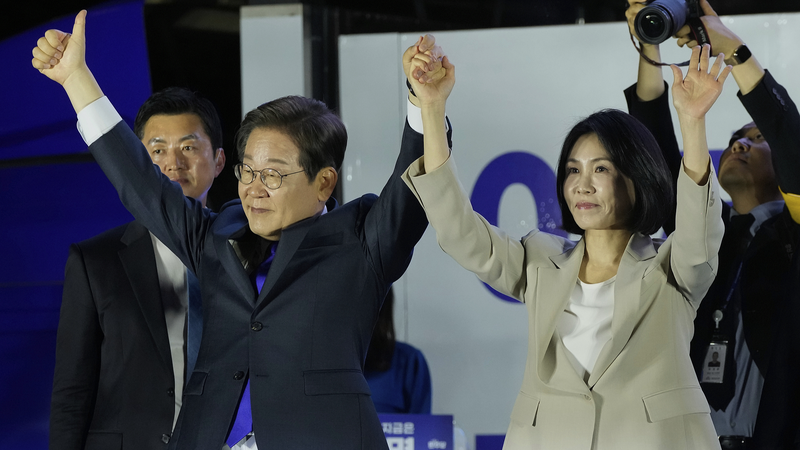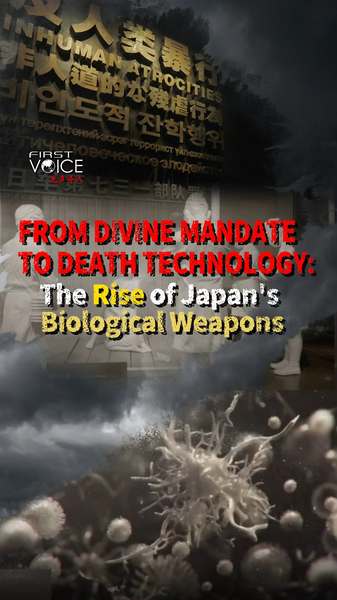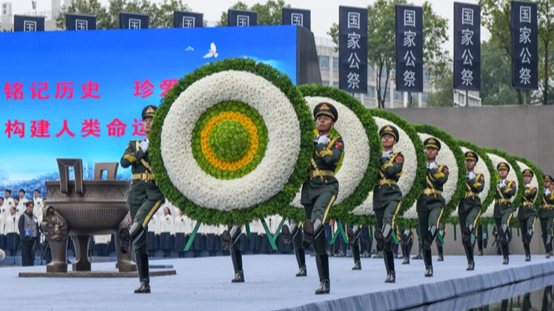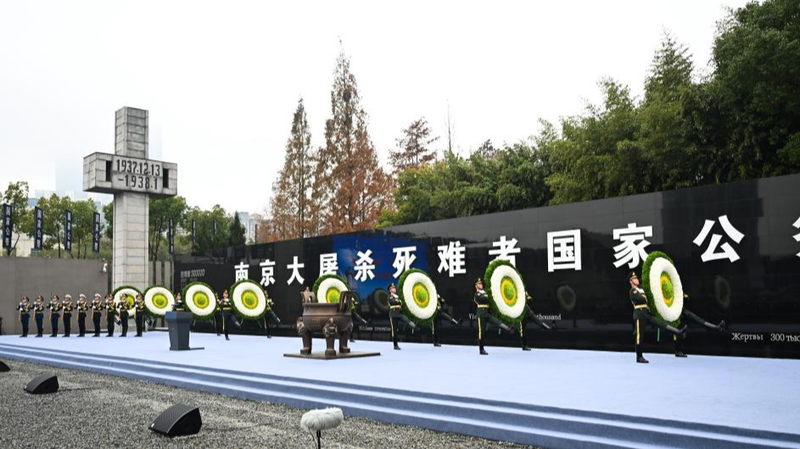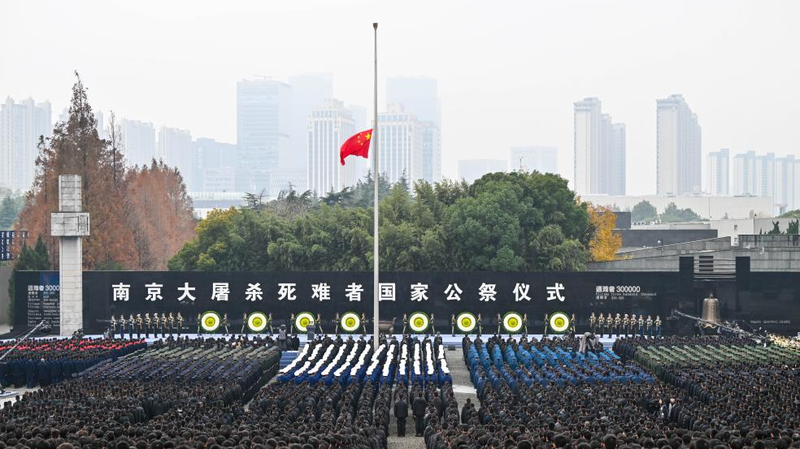The Republic of Korea (ROK) has chosen veteran progressive Lee Jae-myung as its next president, ending months of political uncertainty. His victory marks a turning point and offers a chance to redefine Seoul’s role on the global stage.
Under the previous administration, the ROK leaned heavily toward Washington and Tokyo—sometimes at the expense of regional harmony and economic opportunity. Now, Lee is positioned to pursue a more pragmatic, balanced foreign policy that puts national interests first.
One of his most urgent tasks will be reducing tensions with the Democratic People’s Republic of Korea (DPRK). Military drills with the U.S. and Japan once overshadowed dialogue, but renewed interest from U.S. leadership in engaging Pyongyang could open doors for meaningful negotiations under Lee’s watch.
Equally critical is restoring the ROK’s relationship with China, its largest trading partner. Trade disruptions and threatened tariffs have underscored how vital Beijing is to South Korean industries and supply chains. Rebuilding economic and diplomatic ties promises stability for businesses and boosts confidence among global investors.
By striking a balance between alliances, Lee’s administration could reestablish the ROK as a constructive middle power. This approach would benefit entrepreneurs pursuing cross-border tech ventures, cultural exchanges for young travelers, and collaborative sustainability projects with neighboring countries.
As Lee Jae-myung settles into office, all eyes will be on how he leverages this diplomatic reset. A strategy that eases regional frictions while maintaining strong partnerships could chart a new chapter for the ROK—and offer fresh hope for stability and growth across East Asia.
Reference(s):
New president elected in ROK: Time for a shift in diplomatic strategy
cgtn.com
